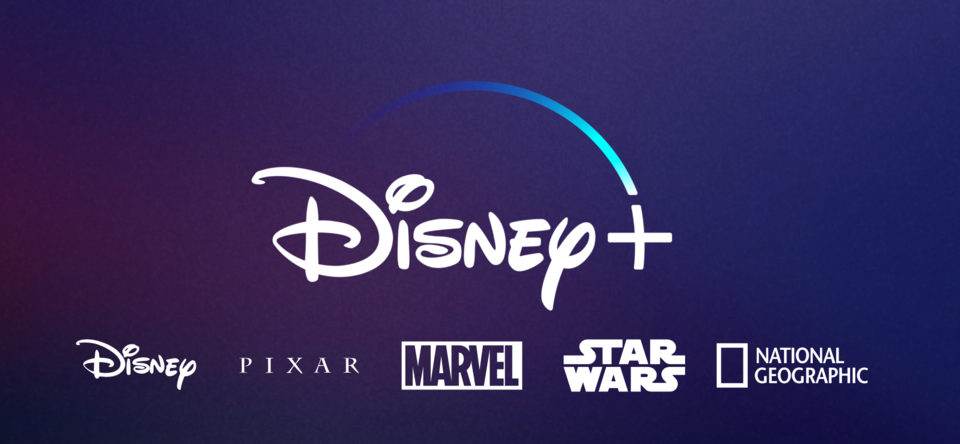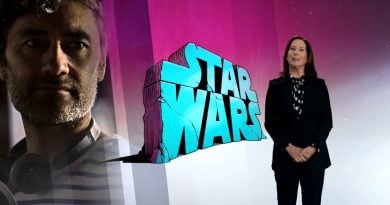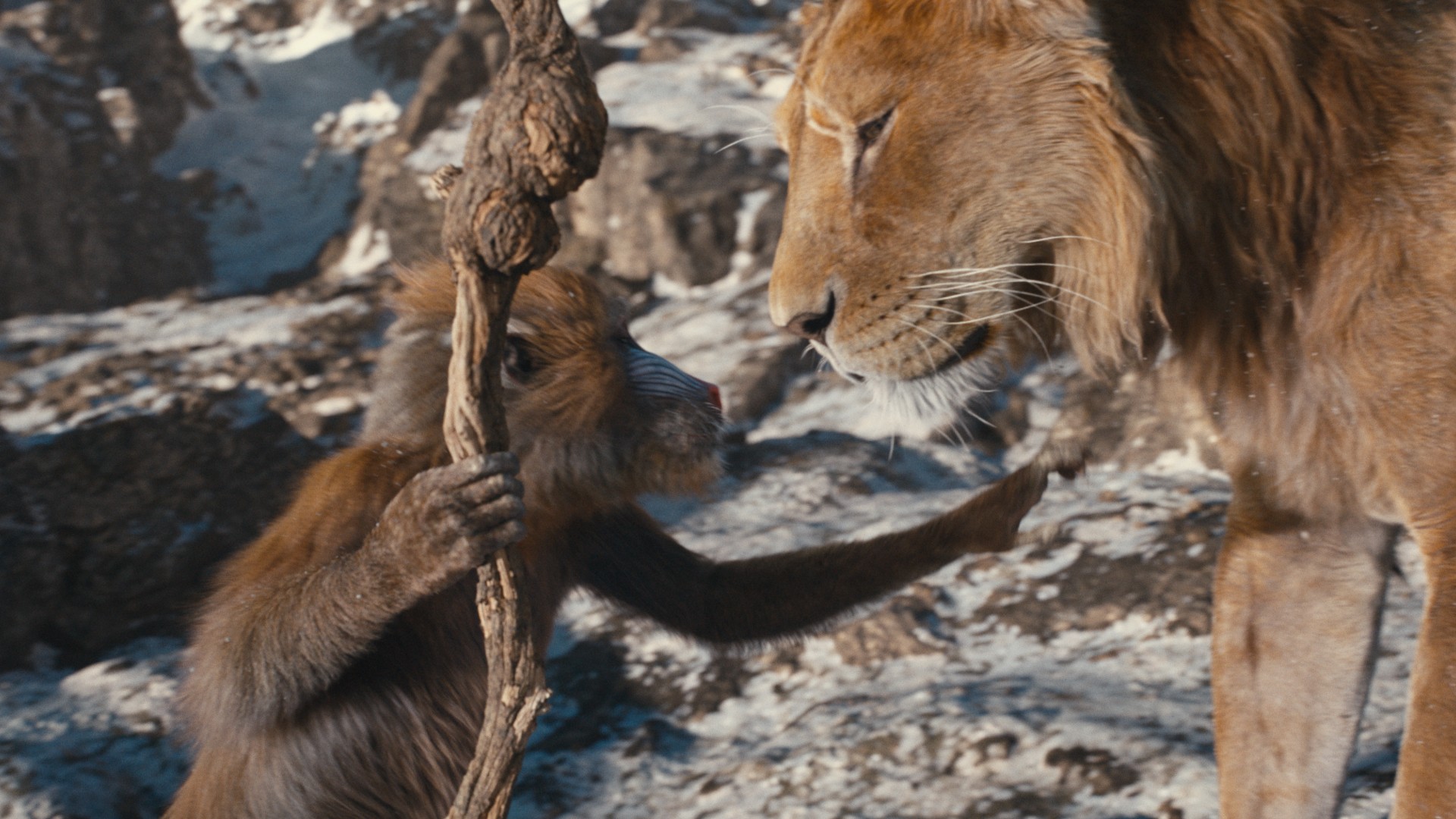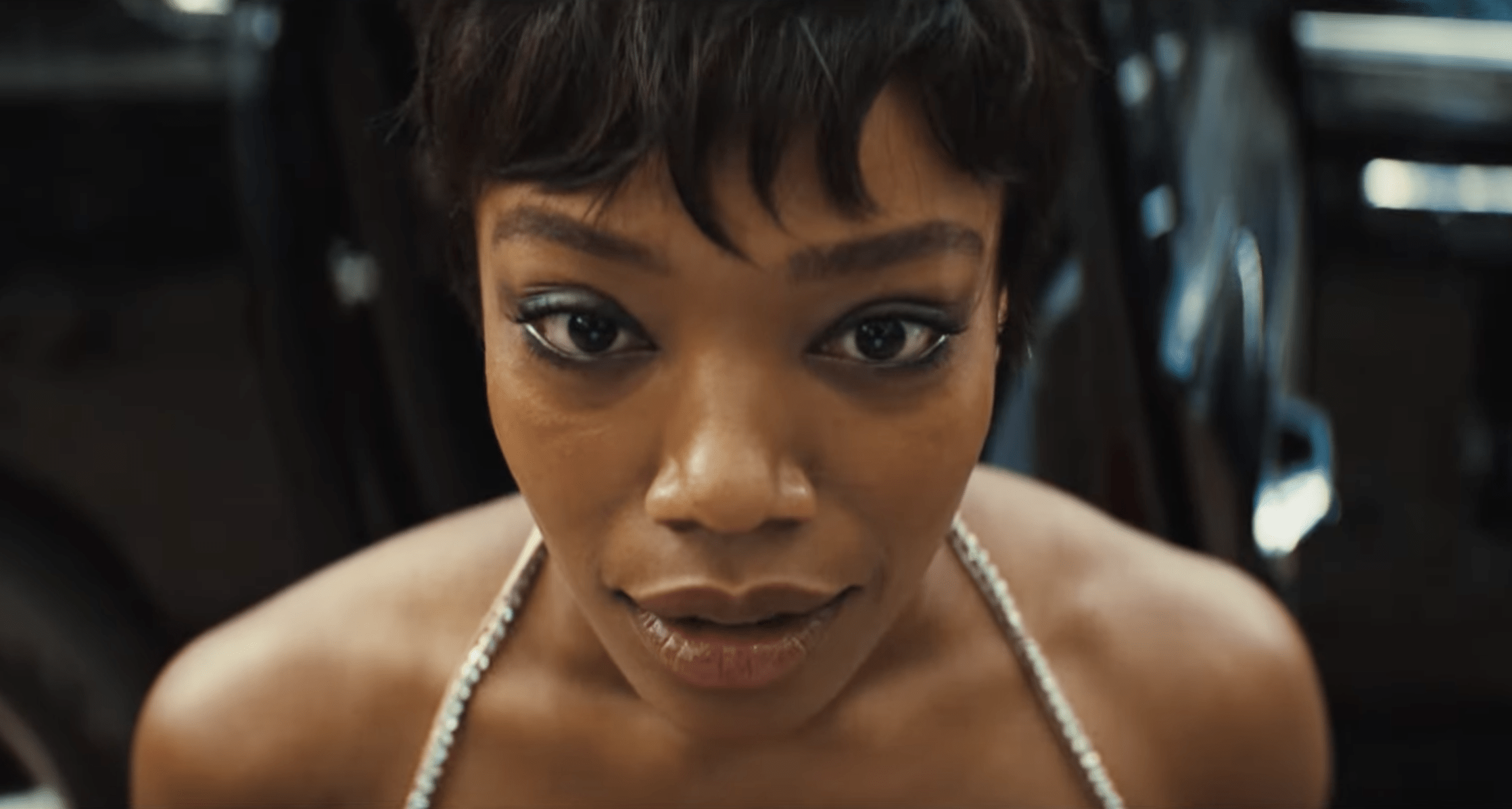Bob Iger Promises That Disney Plus Will Lean Harder Into ‘Star Wars’ and Other Brands
Bob Iger has continued making the rounds talking about the future of Disney Plus, noting that it will become more reliant on established brands like Star Wars and Marvel and likely less reliant on original programming not tied to the company’s core brands. In addition, Iger and company have convinced Nelson Peltz to halt his aggressive advances to try to gain a seat on the Board of Directors, which could have potentially put the future of Disney Plus at risk.
Bob Iger recently spoke on CNBC about the changing approach to streaming at Disney – despite making significant gains in a market that was previously dominated by Netflix, the overall growth of the service has slowed a bit in recent months, with the first-ever quarterly sub loss happening as a result of Disney ceasing their streaming deal with the Indian Premiere League. Disney is currently at work on ways to reduce their overall debts, so an adjustment to the strategy is expected. Iger responded to queries about profitability and cost-cutting by explaining that the streaming service has shifted from seeking subscriber growth to seeking cutting costs and searching for optimal profitability, but he first wanted to note that Disney Plus has thus far surpassed company expectations by a substantial margin:
“Well, I think that one of the things that happened was, we got a little bit maybe intoxicated by our sub growth. We said sixty to ninety million subs in five years. We blew through that! We blew through that in a year, and suddenly everybody was onboard with this meteoric sub rise, and that it would continue, and we leaned into that because it seemed like that was the primary metric that we’d be measured by. Now, we also said at the time we’d be profitable in five years, which is coincidentally the end of 2024. We reiterated that yesterday on the call, so now as we’ve looked to basically becoming profitable and figured out how do we do that, it’s clear to us that we have to continue to grow subs – but it’s not just about that. We have to have the right pricing… We have to have the right marketing, we have to have the right content. And if you go back to the structure that we’ve put into place, which is a direct linkage between the creative side and the distribution side, there is greater likelihood that we will have the right content. They’ll make choices because they’re accountable for delivering that profitability.”
Iger has deemed that the company’s plan to continue overall growth is to double down on the company’s most successful brands, which are what usually garner interest into Disney Plus:
“…This company possesses and has made some of the all-time-great franchises. The five highest-grossing movies of all time came from this company, two of them are from Jim Cameron, Avatar. And obviously Marvel has contributed to that as well. These are stories, I guess you’d call them, that are very valuable globally, that are leverageable across multiple businesses of ours, that have a long life… You look at the movies that we made years ago that are still performing extremely well on new platforms because they’re evergreen in some form, but because the audiences we make them for, and that audiences that’s constantly regenerating, literally, new generations.”
Iger indicated that the plans for Disney Plus might spell bad news for those looking at the streaming service for general entertainment outside of those offerings, as the company will be more mindful of the money it spends on future content. This might result in better overall content, but it could spell less investment in non-IP works on Disney Plus and the company’s other platforms:
“I like general entertainment in the sense that there’s a lot of quality there, and in fact we make a lot – The Bear is a great example of that, The Old Man – what FX makes for us, what Searchlight makes for us, just look at the Academy Awards… We want to curate that more aggressively. When I say that, that’s primarily because in order for us to be more profitable as a company in this business, we have to reduce our expenses… In order to do that, you have to make some choices. I happen to believe that because general entertainment is not as differentiated – and look, there are seven or eight platforms in the streaming business alone, that are in general entertainment – that’s a tough business to be in competitively, and it’s not our strongest suit. I think there’s a way to balance that. We’re gonna lean even more into Disney and Marvel and Pixar and Star Wars and Avatar, of course, and we’ve had higher returns on those businesses anyway, so that makes a lot of sense. Adding to that, augmenting that with some form of, I’ll call it more curated general entertainment, is what we would likely do.”
You can watch Iger’s full remarks below:
Bob Iger on Disney+’s core brand strategy:
“We are going to lean even harder into Disney, Marvel, Pixar, Star Wars, and #Avatar.” $DIS
— Boardwalk Times (@BoardwalkTimes) February 9, 2023
So what might this mean, when Disney Plus is already a service that prioritizes content based on its biggest brands? I speculated in one of my earlier articles about Iger’s business strategies that Disney might have preferential treatment toward projects based on the likes of the obvious money-makers (Marvel, Star Wars, Pixar, Disney Animation/Live-Action, The Simpsons, Avatar, and so on) and less on original projects or projects based on lesser-known IPs (which might not spell good news for follow-ups to original movies on the service). The key issue with streaming is that a lot of money needs to be invested into new projects as a means to reduce churn and keep subscribers paying year-round, and hope that it’s enough to increase the overall amount of monthly revenue – but if certain projects consistently aren’t attracting the right kind of attention, then there’s little incentive to keep trying to branch out. Playing things safe by relying on top brands has been a strength for Disney, and if original content outside the bubble isn’t delivering, then perhaps Disney Plus just isn’t the place for it. Disney is restructuring its subdivisions to better address the changing marketplace, and it appears that there is no better time to do so than now.
Also of note is that Nelson Peltz has backed off of his attempt to work his way into Disney after making an aggressive push to do so earlier this month. While Peltz won’t be making a play for the Board of Directors any longer, he spun his short-lived proxy battle into a win by saying that he got Bob Iger and pals to do much of what he wanted them to do – various cost-saving measures like cutting spending, laying off a few thousand workers, and so on – while Disney’s suits effectively smiled and waved as he drove off, before presumably sighing in relief over one less thing to worry about. Still, Iger took a moment to throw shade at Peltz’s backer and buddy, former Marvel Entertainment CEO Ike Perlmutter, who once tried firing Marvel Studios President Kevin Feige. (Had Perlmutter got his way, the franchise may not have reached the financial highs of Phase Three of the MCU, which had a pair of movies that made over $2B – including the highest-grossing movie in history until James Cameron rereleased Avatar for the umpteenth time – and four other $1B+ movies in the span of four years, one of which was part of a seemingly-unthinkable deal with rival-turned-ally Sony Pictures, and a number of other movies that all made several hundreds of millions of dollars. Since then, Feige delivered another nearly-$2B-grossing co-production with Sony in the form of Spider-Man: No Way Home, and produced a number of theatrical and streaming offerings that have helped the bottom line for Disney Plus.)
One last curiosity from the recent barrage of business news is that Bob Iger indicated that he might not purchase the remaining shares necessary to obtain sole control over Hulu, which was previously thought to be a must-acquire for Disney to consolidate the service with Disney Plus. To the contrary, Iger indicated that he could sell Hulu, presumably either to Comcast, who has 33% of the streaming service, or to another buyer, who would gain Disney’s 67% and have operational control of the service and have a shot at buying the remaining shares. Interestingly, either Disney or Comcast can effectively force a sale to the other partner, but there are issues with their overall finances – Disney is making fewer moves to acquire new acquisitions in favor of looking for ways to spend less and save more, while Comcast has much more debt than Disney and could likely use a big payout. The reason that they’re considering bailing on a potential sale ties in with what Iger’s concerns were earlier: that non-differentiated general entertainment doesn’t drive dollars for Disney like branded movies and shows do. As of now, Iger has indicated that a final decision has not been made and the company will weigh out their options to see what’s in everyone’s best financial interests, and in all likelihood, Disney will eventually get all their content on one platform eventually no matter how things play out – the question is how much time that it will take and how much money will be spent at the end of the day.
Grant has been a fan of Star Wars for as long as he can remember, having seen every movie on the big screen. When he’s not hard at work with his college studies, he keeps himself busy by reporting on all kinds of Star Wars news for SWNN and general movie news on the sister site, Movie News Net. He served as a frequent commentator on SWNN’s The Resistance Broadcast.







